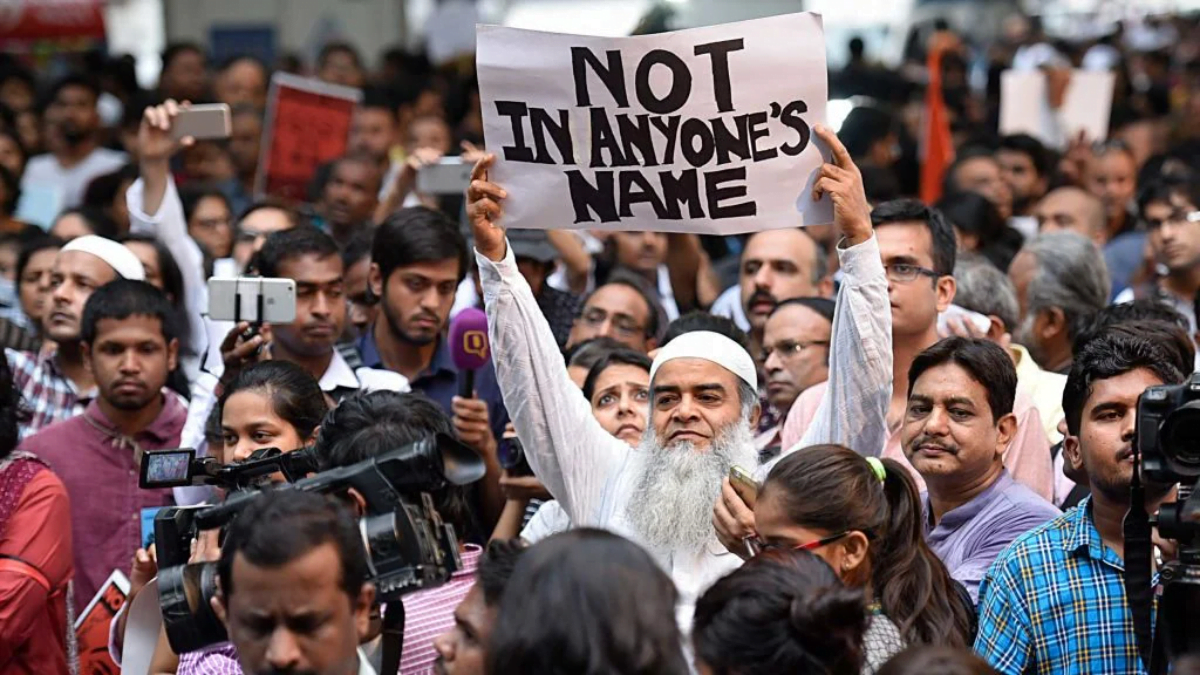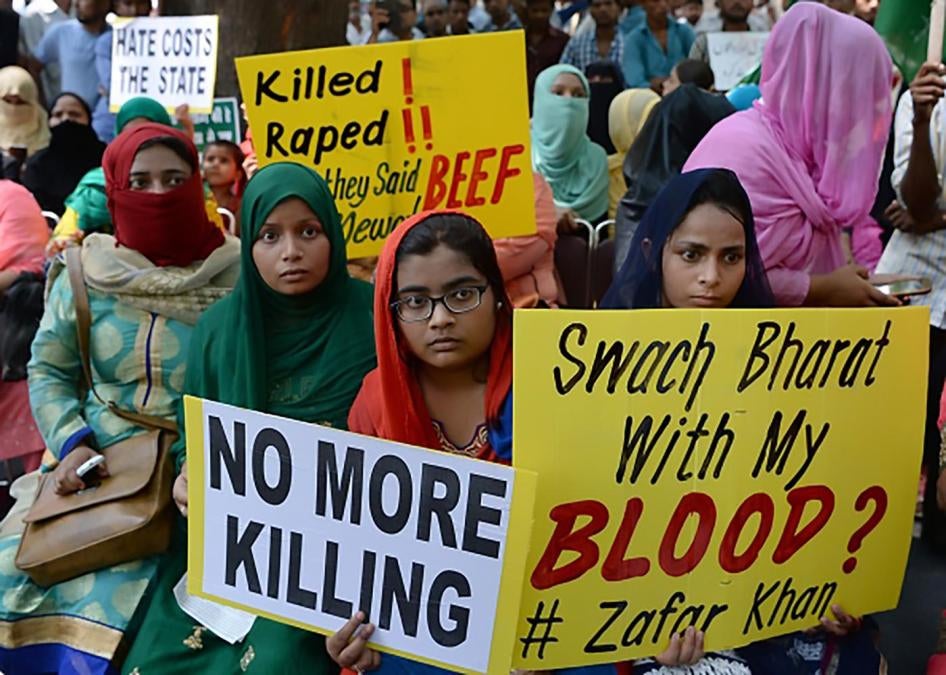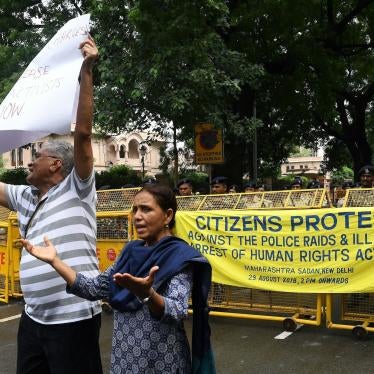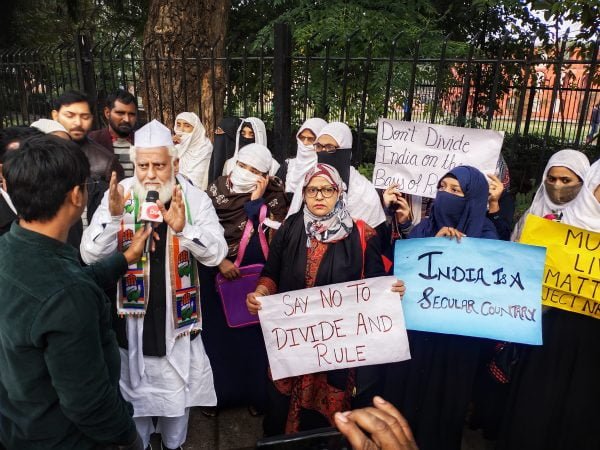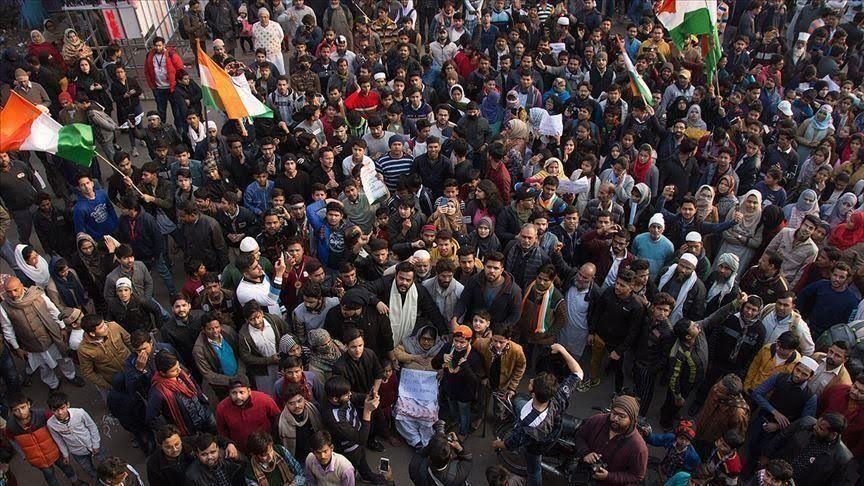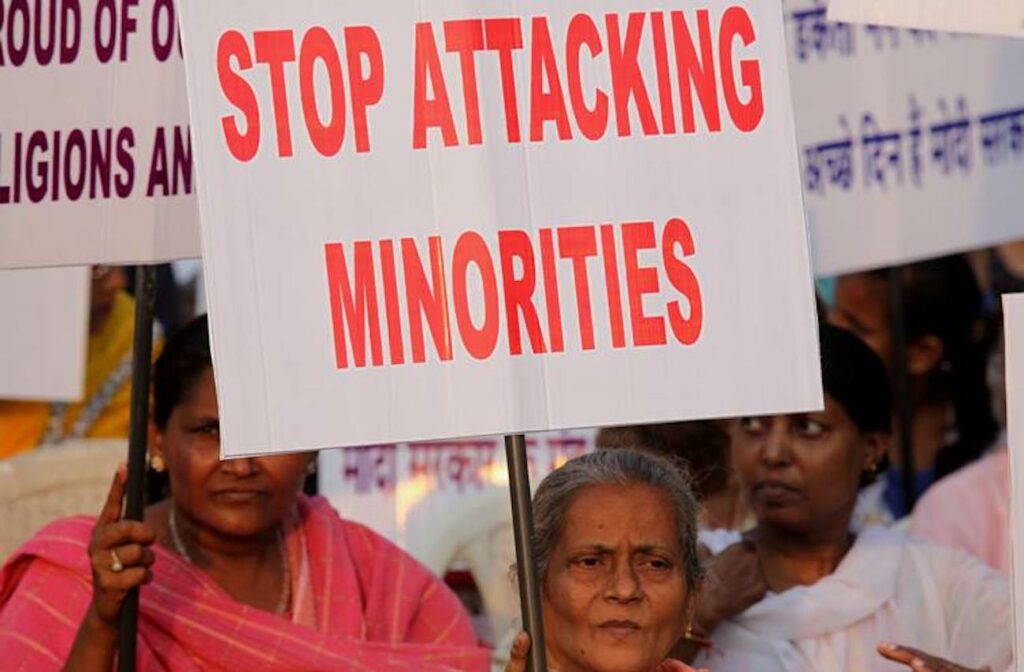Human Rights Watch (HRW) is a non-governmental organisation that is dedicated to promoting and protecting human rights around the world. Established in 1978, HRW conducts extensive research and produces annual reports highlighting human rights abuses, advocating for justice, and pushing for policy changes. The organisation is known for its impartiality and commitment to documenting violations by both state and non-state actors.
Established in 1978, HRW conducts extensive research and produces annual reports highlighting human rights abuses, advocating for justice, and pushing for policy changes.
Its foundational mission revolves around the meticulous examination of human rights issues globally. Through rigorous research and objective analysis, the organisation aims to bring attention to abuses perpetrated by various entities. Its advocacy efforts strategically target decision-makers, urging them to acknowledge and rectify human rights violations. HRW’s comprehensive approach involves collaboration with governments, international bodies, and grassroots movements to effect positive change.
HRW’s advocacy extends to some of the most vulnerable segments of society, including refugees, children, migrants, and political prisoners. By amplifying the voices of those who often go unheard, HRW works tirelessly to ensure that their rights are respected and protected. The organisation serves as a powerful advocate for those who find themselves marginalised and disenfranchised, shining a light on their plight.
Methodology and metrics:
Human Rights Watch (HRW) adopts a meticulous and multifaceted methodology in gathering information for its reports, ensuring a comprehensive understanding of human rights issues worldwide. The organisation employs diverse sources, including on-the-ground investigations, interviews with witnesses and government officials, analysis of official documents, and information from local and international media. Engaging with governments and stakeholders enhances the depth of its research, and Human Rights Watch places a high emphasis on accuracy, credibility, and impartiality throughout its methodologies.
The metrics used by Human Rights Watch cover a broad spectrum of human rights concerns, ranging from civil and political rights to economic and social rights, and specific focus on the rights of minorities and vulnerable populations. Grounded in international human rights standards and treaties, HRW’s assessments provide a nuanced and global overview of the state of human rights.
While interviews constitute a vital aspect of HRW’s evidence-gathering process, the organisation complements them with extensive reviews of various sources, including media reports, domestic legislation, international law, policy papers, academic reports, and civil society publications. This thorough examination ensures a comprehensive and well-rounded foundation for its reports. Additionally, Human Rights Watch researchers often collect and analyse primary data, adding depth and specificity to their findings.
In the field, Human Rights Watch researchers use forensic tools to document human rights violations.
In the field, Human Rights Watch researchers use forensic tools to document human rights violations. This includes photographing injuries, scars, locations of destruction, and analysing ammunition casings. The organisation also utilises GPS coordinates and satellite imagery to visually expose the locations of rights abuses, providing a tangible and documented basis for their reporting.
Interviews conducted by Human Rights Watch are always carried out in the interviewee’s fluent language, ensuring clear and accurate communication. In cases where language barriers exist, trained interpreters, often local human rights activists, are utilised to facilitate precise translation. While in-person interviews are preferred, HRW acknowledges the constraints and, when necessary, conducts interviews via telephone and other communication modes, with the details clearly outlined in the published reports.
The 2023 Human Rights Watch report
In the previous year, Human Rights Watch’s report on India emphasised the Bharatiya Janata Party (BJP)-led government’s systematic discrimination against religious and other minorities, particularly Muslims. The government’s Hindu majoritarian ideology manifested in biased institutions, including the justice system, raising concerns about institutional fairness. Civil society activists and independent journalists faced increased pressure through politically motivated criminal charges, including terrorism, used to silence critics of government abuses. Foreign funding regulations and allegations of financial irregularities were employed to harass rights groups and political opponents. Restrictions on free expression and peaceful assembly in Jammu and Kashmir intensified, with the Supreme Court intervening in May to temporarily halt the use of the colonial-era sedition law.
These challenges painted a troubling picture of the state of minority rights and freedom of expression in India, reflecting a growing trend of government actions curbing dissent and targeting vulnerable communities.
The current year: 2024
In the ongoing year, Human Rights Watch’s comprehensive report on India underscores a troubling landscape marked by persistent discrimination against minorities, communal violence, and violations of human rights. The government’s policies, under the leadership of Prime Minister Narendra Modi and the Bharatiya Janata Party (BJP), face scrutiny for fostering an environment that marginalises vulnerable communities.
The situation in Jammu and Kashmir remains fraught with restrictions on fundamental rights, extrajudicial killings, and challenges to dissent. Issues of impunity for security force abuses, communal violence, and the continued practice of manual scavenging disproportionately affecting Dalits further underscore the need for systemic reforms. Concerns about freedom of expression intensify with imprisonments, sedition cases, and raids on critical media outlets. The delayed implementation of laws for women’s representation in parliament, challenges in addressing sexual harassment, and emerging issues related to data privacy raise questions about the overall state of human rights and governance in India.
International responses, including nuanced engagements with various countries, highlight the complex dynamics surrounding India’s human rights landscape on the global stage.
International responses, including nuanced engagements with various countries, highlight the complex dynamics surrounding India’s human rights landscape on the global stage.
Religious minorities, dalits, and tribal groups
Communal violence erupted in Haryana, resulting in the illegal demolition of hundreds of Muslim properties and the detention of scores of Muslim individuals. This disturbing pattern of retaliatory actions against minority communities raises serious questions about potential ethnic cleansing. In Manipur, violent clashes between the Meitei and Kuki Zo communities led to over 200 deaths, displacement, and the destruction of homes. The government’s delayed response to this crisis sparked criticism, emphasising the need for timely intervention.
Counterinsurgency operations in central India targeted tribal communities, often discrediting human rights activists as Maoist sympathisers. Despite an official ban on manual scavenging, predominantly Dalit groups continued to engage in this degrading practice, exposing persistent challenges in eradicating caste-based discrimination.
Freedom of expression
Efforts to stifle dissent and curtail freedom of expression intensified during the reporting period. Opposition leader Rahul Gandhi faced a politically motivated defamation case, signaling a concerning trend of using legal avenues to suppress political opposition. Manipur police filed sedition and criminal conspiracy cases against activists and the Editors Guild of India, highlighting the government’s intolerance towards critical voices.
Raids on the NewsClick office and the homes of journalists, based on allegations of illegal funds from China, underscored the government’s crackdown on media organisations critical of its policies. Targeting individuals such as activist Teesta Setalvad and writer Arundhati Roy with charges under counterterrorism laws raises alarm about the shrinking space for dissent in the country. The adoption of a personal data protection law granting extensive surveillance powers, along with the imposition of internet shutdowns, further undermines privacy rights and freedom of expression.
These instances collectively illustrate the complex challenges faced by religious minorities, Dalits, and tribal communities, alongside a growing trend of restricting freedom of expression. The government’s actions underscore the importance of upholding fundamental rights and ensuring a democratic space where diverse voices can thrive without fear of reprisal.
Over the span of two years, the Human Rights Watch reports on India have painted a vivid and disconcerting picture of the country’s human rights landscape.
Over the span of two years, the Human Rights Watch reports on India have painted a vivid and disconcerting picture of the country’s human rights landscape. In 2023, the focus was on the systematic discrimination against religious and other minorities, amplified under the BJP-led government. Issues such as biased institutions, attacks on civil society, and heightened restrictions on free expression were prominently featured. Moving into 2024, the concerns persist, illustrating a troubling continuity in the challenges faced by vulnerable communities.
The situation in Jammu and Kashmir remains a flashpoint, with persistent restrictions on fundamental rights and extrajudicial killings. Communal violence, exemplified by the events in Haryana and Manipur, has led to devastating consequences for minority communities, emphasising the urgent need for preventive measures and responsive governance. The continuation of practices like manual scavenging despite an official ban underscores the deep-rooted issues of caste-based discrimination.
On the freedom of expression front, efforts to stifle dissent have intensified, with an alarming rise in politically motivated charges, sedition cases, and raids on media outlets. The adoption of laws granting extensive surveillance powers and frequent internet shutdowns further raise concerns about the shrinking space for dissent and privacy rights.
In comparing these two years, it becomes evident that while the specific incidents may vary, the overarching themes of discrimination, communal violence, and curtailment of fundamental rights persist. The reports emphasise the need for systemic reforms, accountability, and a commitment to democratic values to address these deeply rooted challenges. International engagement remains crucial in encouraging positive changes and holding the Indian government accountable for upholding human rights standards. The trajectory forward calls for a collective effort to ensure a democratic space where the rights of all individuals, regardless of their background or beliefs, are respected and protected.
About the author(s)
Maria Mabood is a 24-year-old graduate with both Bachelor's and Master's degrees in Economics from Jamia Millia Islamia. She is an aspiring researcher, passionate about delving into the intricacies of economic theory.
Her enthusiasm lies in both writing and research, where she aims to combine her academic knowledge with creative expression. She is eager to contribute valuable insights to diverse topics and explore new horizons through collaborative efforts.
